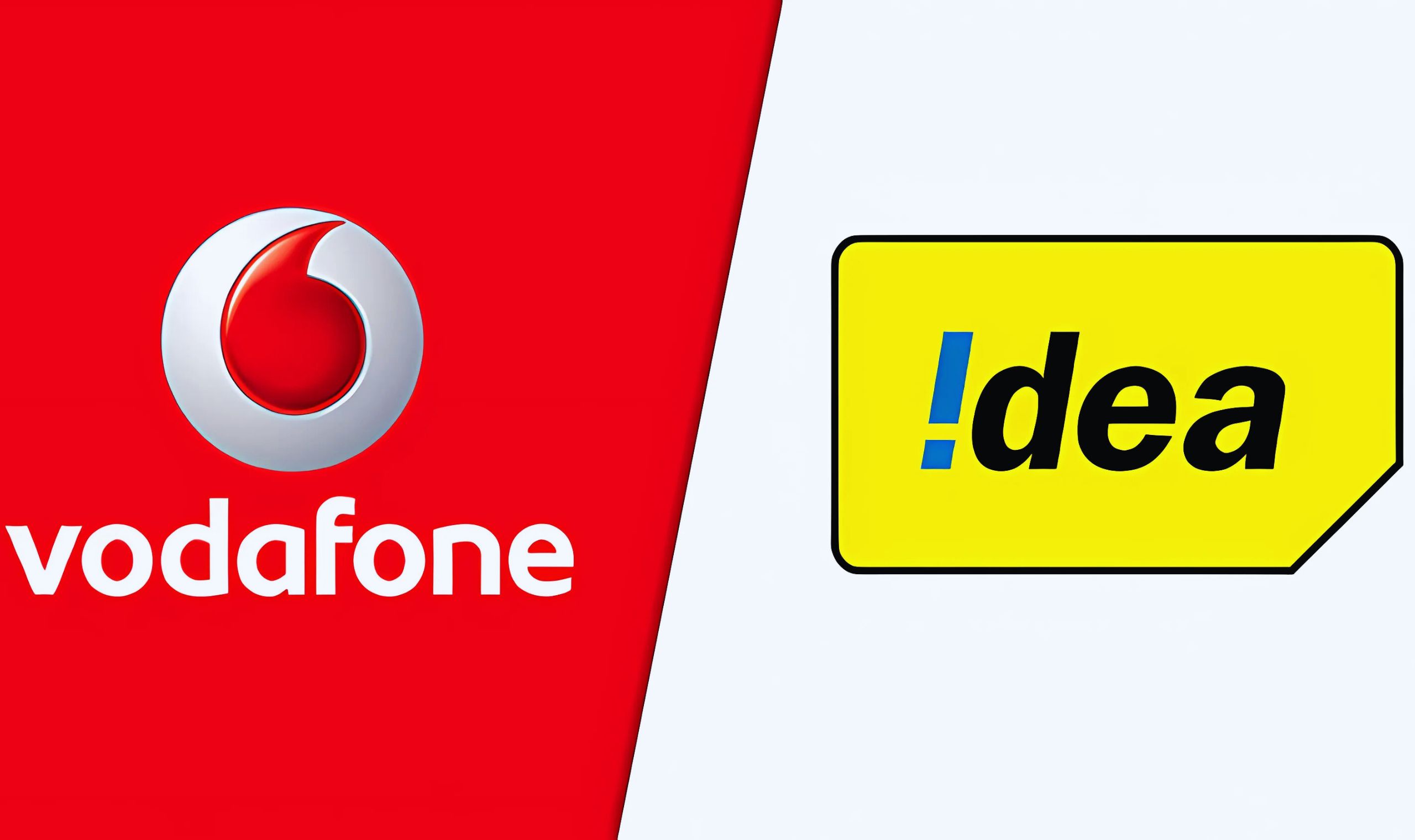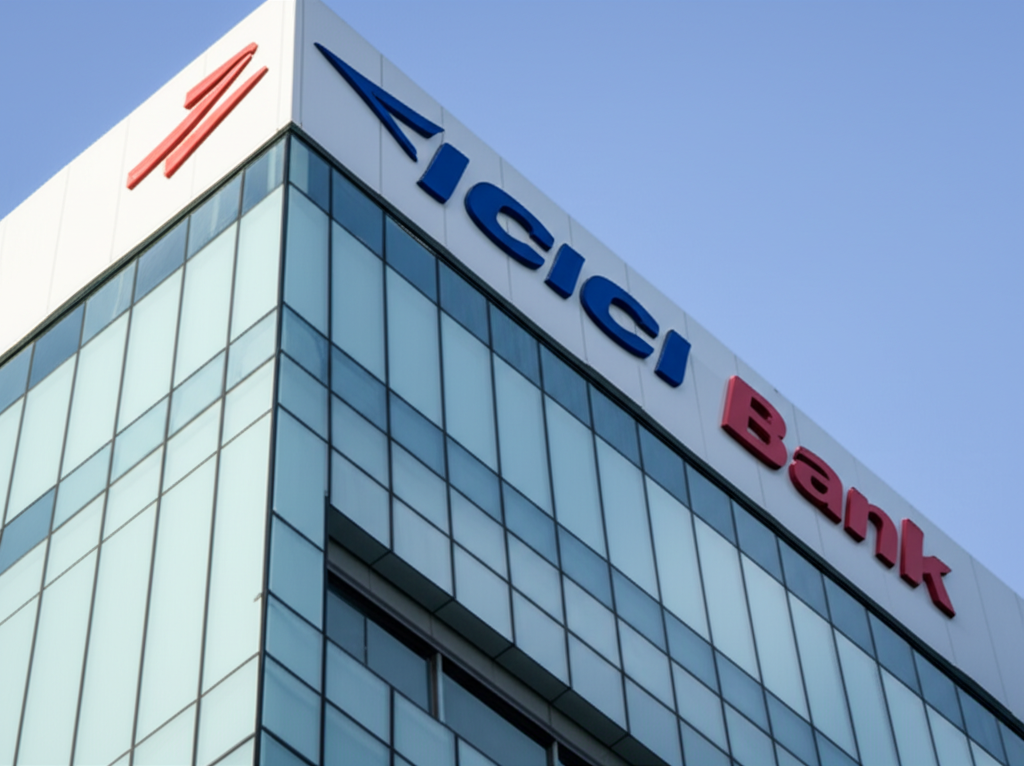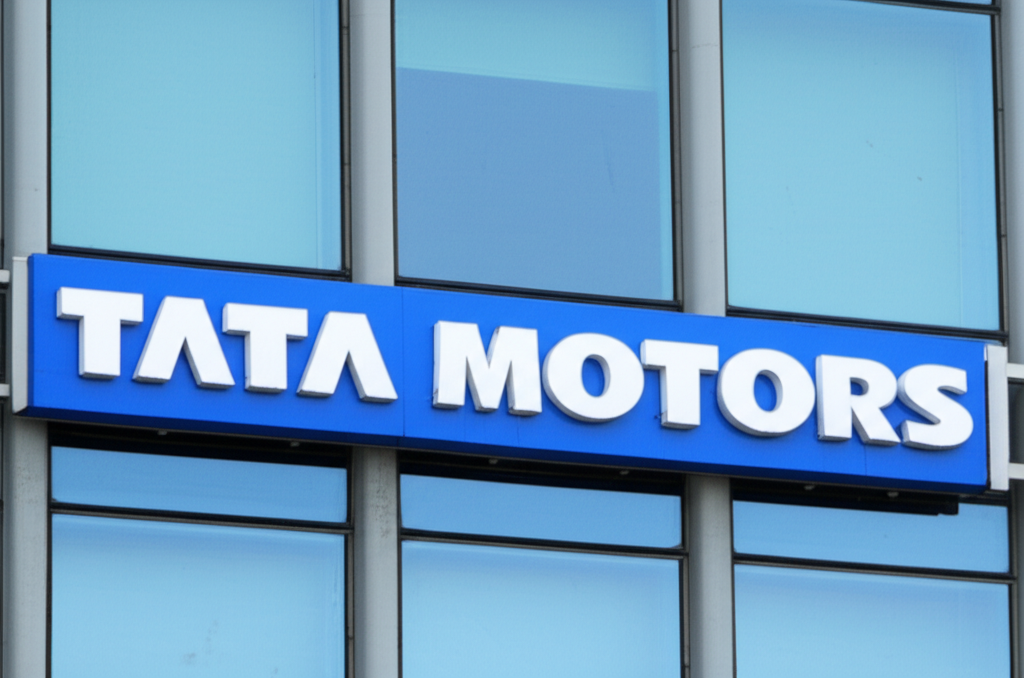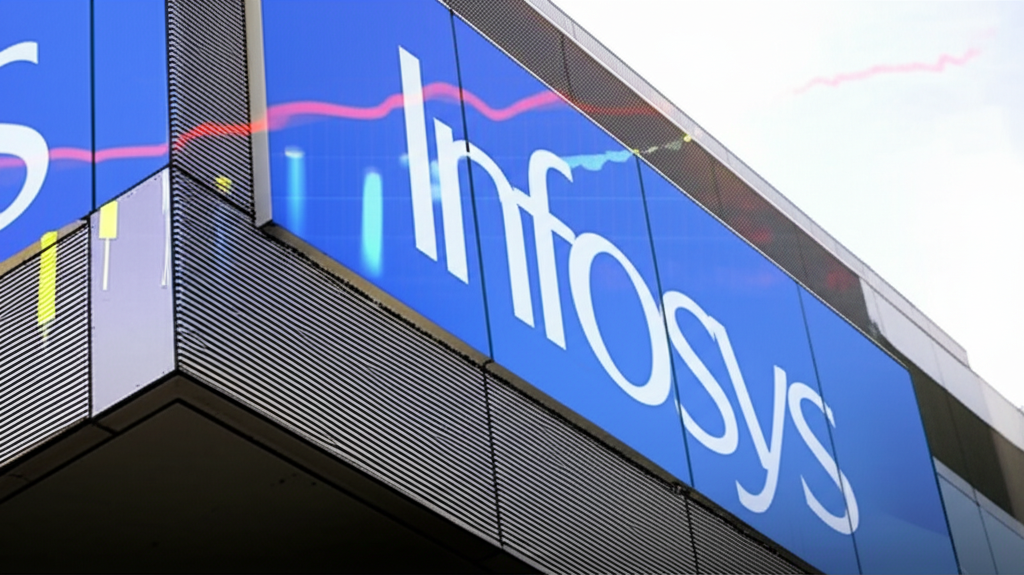In the rapidly changing telecommunications landscape, the launch of 5G services marks a milestone for telecom operators across the world. The launch of 5G services in India is also a milestone moment for Indian telecom players such as Reliance Jio, Bharti Airtel, and Vodafone Idea (Vi). Even as Jio and Airtel have already launched their 5G networks all over the nation, Vodafone Idea’s inclusion in the race for 5G is generating waves, following the company’s rollout of its 5G service in Mumbai on March 19. The revelation provided a good boost to the stock price of Vi, shares of which saw an increase by nearly 5%. Despite the favorable response in the share market, experts are still wary of Vodafone Idea’s long-term position amidst intense competition from established players in the industry.
Vodafone Idea 5G Rollout: What It Means for the Company
Vodafone Idea has taken a major leap with its 5G offerings by entering Mumbai, among the nation’s largest and most competitive markets. The launch is a part of a larger play to build its network and enhance customer experience. Vi’s statement emphasized that the 5G services are built to deliver an improved, more consistent mobile internet experience, with quicker speeds for customers.
The rollout utilizes next-generation hardware supplied by Nokia, and the network is built to be power-efficient, which will contribute to the sustainability objectives of the company. This rollout stands out in that it uses an AI-based Self-Organizing Network (SON) system. This system continuously adapts network performance to provide an unbroken experience to users who utilize the network for data-intensive actions like streaming, gaming, and video calls. The SON technology also provides limited downtime, therefore boosting the dependability of the 5G network.
In addition, Vi is also providing an introductory promotional plan that offers unlimited 5G data at a starting plan price of ₹299. This is likely to be extremely popular with customers who want cheap 5G plans, and hence it is one of the most competitively priced plans available in the market. The launch is important to the company, given that 5G has the potential to radically enhance the user experience by providing faster data speeds and better latency.
Financial Strength and Expansion Plans
Vodafone Idea has been emphasizing the growth of its network strength, especially its 4G network, which remains a top priority. The company has raised around ₹26,000 crore in equity in the last 12 months, including a record follow-on public offer (FPO) of ₹18,000 crore and a promoter contribution of ₹4,000 crore. The funds have largely been used for capital expenditure (capex) initiatives to increase the network.
Vi’s long-term growth strategy revolves around improving both 4G and 5G network infrastructure. The company has laid out plans to invest ₹50,000-55,000 crore over the next three years to expand its 4G network coverage to around 90% of the Indian population. This expansion will also see continued investments in 5G rollout in key regions, improving connectivity and customer experience across the country.
Following the rollout of 5G, Vodafone Idea Chief Technology Officer (CTO) Jagbir Singh had stressed how committed the company remained to constructing a strong and future-proofed network. “We have worked towards creating a powerful 5G network with the latest technology rollout. We are providing not only a seamless but also a capable network to suffice for the modern-day connectivity.
Though the short-term gains of the 5G rollout are obvious, the capability of the company to take advantage of these investments in the long run will decide whether it can keep up with its rivals, specifically Reliance Jio and Bharti Airtel, which have already rolled out 5G services across the country.
Stock Market Reaction to Vi’s 5G Rollout
Vodafone Idea’s stock price surged by over 4.7% following the 5G rollout announcement, indicating investor optimism about the company’s prospects. However, despite the positive jump, Vi’s stock remains over 61% below its 52-week high of ₹19.15, recorded in June 2024. At the time of writing, the stock is trading at ₹7.44 per share, reflecting an increase of nearly 13% from its 52-week low of ₹6.6 in November 2024.
While the stock did experience an initial surge in the wake of the announcement, it should be noted that the company’s past year of trading has been uninspiring. Vi shares have dipped by almost 45% over the last 12 months, and the stock has recorded a decline of 11% year-to-date in 2025. The underperformance is due to the company’s consistent difficulties with high debt, poor pricing power, and the drawbacks of stiff competition in the telecom industry.
Though the short-term benefit from the 5G launch was given an instant boost, Vodafone Idea is still behind its peers, who already have a larger 5G footprint, experts feel. Bharti Airtel and Reliance Jio will most likely dominate the market share of 5G in India, particularly as the industry keeps developing and growing.
Issues About Long-Term Competitiveness
Even though there is euphoria over the 5G launch, analysts remain wary of Vodafone Idea’s long-term market competitiveness. The willingness of the company to compete with Bharti Airtel and Reliance Jio is still a bigger concern. These two industry giants are better placed on the financial front and have better cash flow generation, which allows them to invest massively in network infrastructure and accelerate their 5G penetration faster.
On a March 17 note, Motilal Oswal Financial Services (MOFSL) had cautioned on the prospects of Vodafone Idea, arguing that even with its sizeable capital spend plans, the company would struggle to pick up material market share. MOFSL further observed that even as there is possible value from the roll-out of 5G, Vi is challenged by high competition, revenue per user erosion, and profitability issues. On this point, the brokerage house has a guarded view about Vodafone Idea’s stock and prefers Bharti Airtel and Reliance Jio as better investment opportunities in the telecommunication sector.
The Future of 5G in India
India’s 5G rollout will gather pace over the next few years with high demand for speedy data and an increase in digital dependency. While the market gravitates towards becoming a digital-led economy, the telecommunication space can expect changes in consumption patterns of services as well as means of delivery. 5G will bring opportunities for new developments in sectors such as smart cities, connected autos, telemedicine, and Internet of Things (IoT).
Telecom operators like Reliance Jio, Bharti Airtel, and Vodafone Idea are gearing up for this new era, with Vi trying to position itself as a strong player despite being a late entrant. However, given the competitive landscape, Vi’s ability to capture significant market share in the 5G space will depend on its ability to offer attractive pricing, expand coverage rapidly, and deliver superior customer experiences.
Conclusion: Vodafone Idea’s 5G Launch and Performance on the Stock Market
Vodafone Idea’s recent 5G launch in Mumbai has provided a much-needed boost to the company, with its stock price rising by nearly 5%. However, despite the positive movement in the stock, analysts remain cautious about Vi’s long-term competitiveness. While the 5G rollout is an important milestone for the company, its ability to compete with established players like Reliance Jio and Bharti Airtel remains uncertain.
The next few months will be pivotal for Vodafone Idea as it seeks to grow its 5G network and hold on to its market share amid stiff competition. The future growth of the company will rely on how well it can leverage its investments, enhance network quality, and differentiate itself from the competition. Investors will be keenly observing Vodafone Idea’s performance in the 5G segment, as well as the efforts of the company to tackle the issues it is facing in terms of profitability and market share.
In summary, although Vodafone Idea’s 5G launch is a welcome move, the company has a long way to go before it can successfully compete with its rivals and establish a strong foothold in the changing telecom scenario. Only time will reveal whether the company can overcome its woes and register sustainable growth in the coming years.















0 Comments